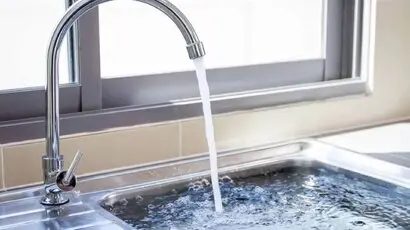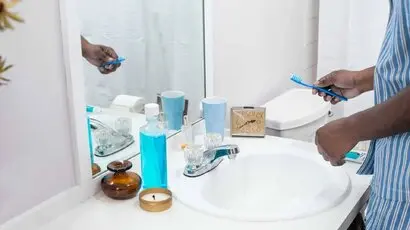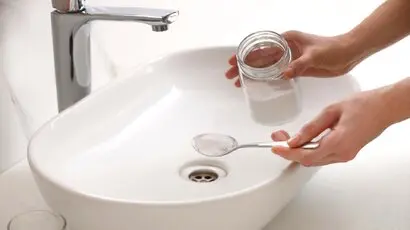Why Is My Drain Gurgling?
Do you hear a gurgling sound coming from your household drains? Don’t worry, we have written this guide to help you identify what is causing that disturbing sound.
Have you ever turned on the tap and heard a weird noise, as if water was struggling to pour out? That is what gurgling sounds like.
Being a homeowner means juggling various tasks, from fixing leaky pipes to keeping your floorboards in top shape. It’s a challenging role that requires constant attention and effort.
Along with the entire plumbing system, drains must regularly be looked after. If you find your drains having a gurgling sound, do not panic because, in most cases, you can straighten out the problem yourself.
Today, we’ll cover almost all the reasons why drains gurgle in our guide. Just keep reading to find out!
When a clog develops in the drains or pipes, it traps some air around it, forming an air pocket. The gurgling sound is nothing but those air pockets or bubbles making their way up forcefully along with water through the pipe.
Now, let’s discuss all the possible causes in detail:
If the gurgling sound is loud, there may be a clog in your drain line. The number of gurgling drains can indicate the exact location of the blockage.
You know the culprit immediately when the sound comes from just one drain. But the problem is in the main sewer line if the kitchen sink gurgles when you open a tap in the bathroom.
Every drain system includes ventilation pipes, separate from the water lines and usually found on the roof. These pipes allow gases and excess air to escape safely.
Occasionally, birds or rodents may nest in these pipes, blocking them with twigs and feathers. This blockage can trap air, which then escapes through your drains, causing gurgling sounds.
We found that the blockage in drain lines might be partial or complete and entail different types of gurgling sounds. You can differentiate between the two by observation and take action accordingly.
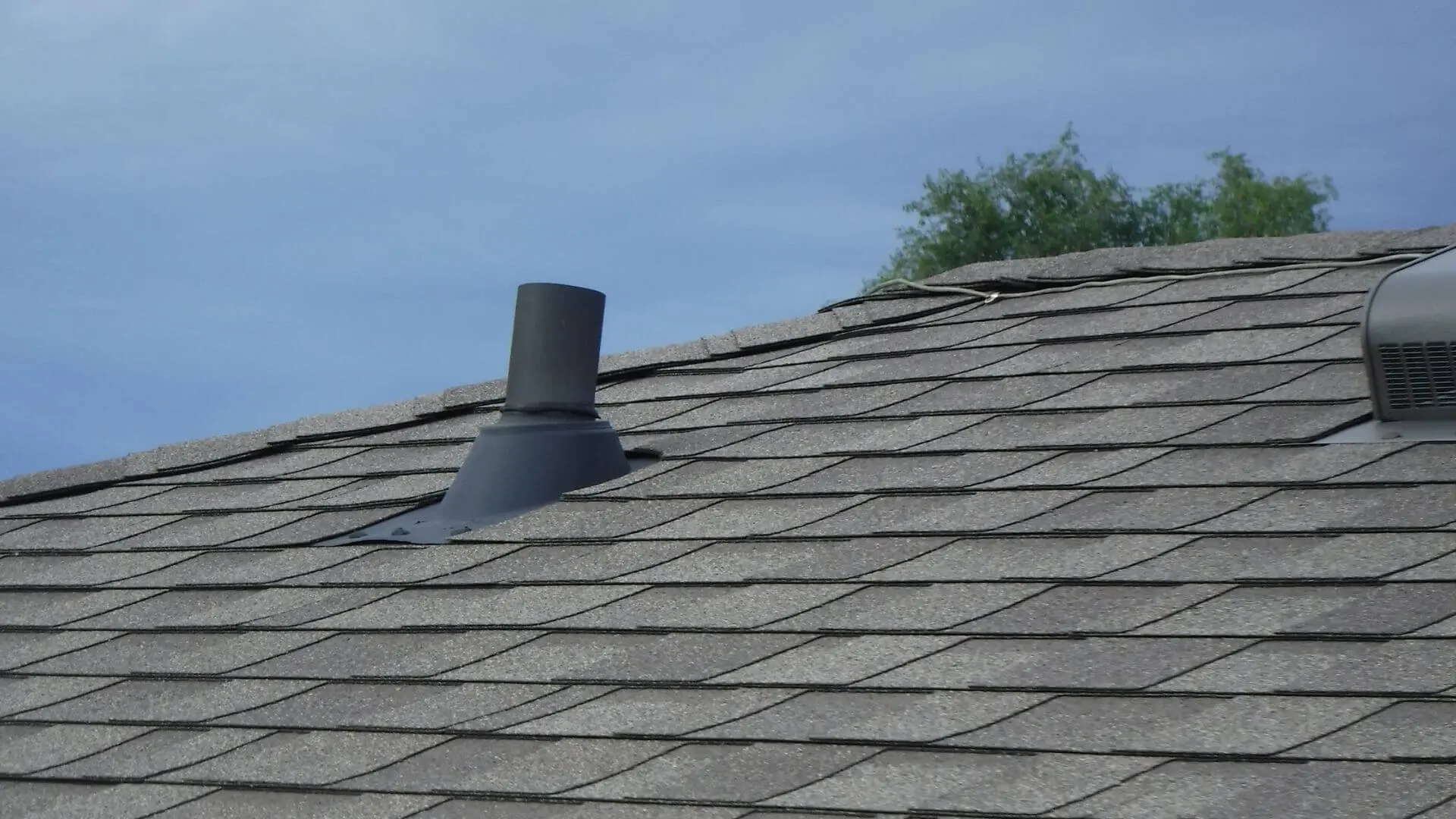
When there’s a partial clog, water flows slowly with low pressure, and the drain starts gurgling. You can prevent a complete blockage by cleaning the drain using a drain cleaner.
In case of complete clogging, the water will stop draining and stagnate in your bathtubs and sink. A drain rarely suffers a complete blockage abruptly; in most cases, partial clogging can be noticed beforehand. Treating the drain early is better than allowing the clog to enlarge.
Accumulation of dirt, soap residue, hair, dead skin, oil, or toilet paper residue are a few reasons for drain blocking. If multiple drains are gurgling simultaneously, you’ll be better off calling your plumber.
All the fixtures in your house are connected to a vent system that allows smooth air passage without disturbing the drain pipes. The vents are easily distinguishable from the regular drain pipes, as they are thin structures protruding on the roof near your kitchen or bathroom.
They collect debris because they are open-ended and commonly cause gurgling. If the vent pipe gets clogged, the air cannot leave the system entirely, causing it to rush back through the water outlets.
So, whenever your drain produces any weird sounds, look at the vents for apparent signs of clogging before calling a plumber. It will save you a lot of time and money.
A P-trap frees your house from foul odours and prevents gas from escaping through the drains. For those who don’t know about P-traps, let us clarify that they are a U-shaped pipe that holds water and is found below the sink. It creates a water seal that serves as a barrier for stinky gases.
Have you ever noticed the stinky ammonia smell that your sink or toilet sometimes gives off? This happens when the P-trap is incorrectly installed or damaged.
Take notice of smells while flushing the toilet or using the basin if your drain is gurgling. If it is unusually foul, then consider checking or replacing your P-trap.
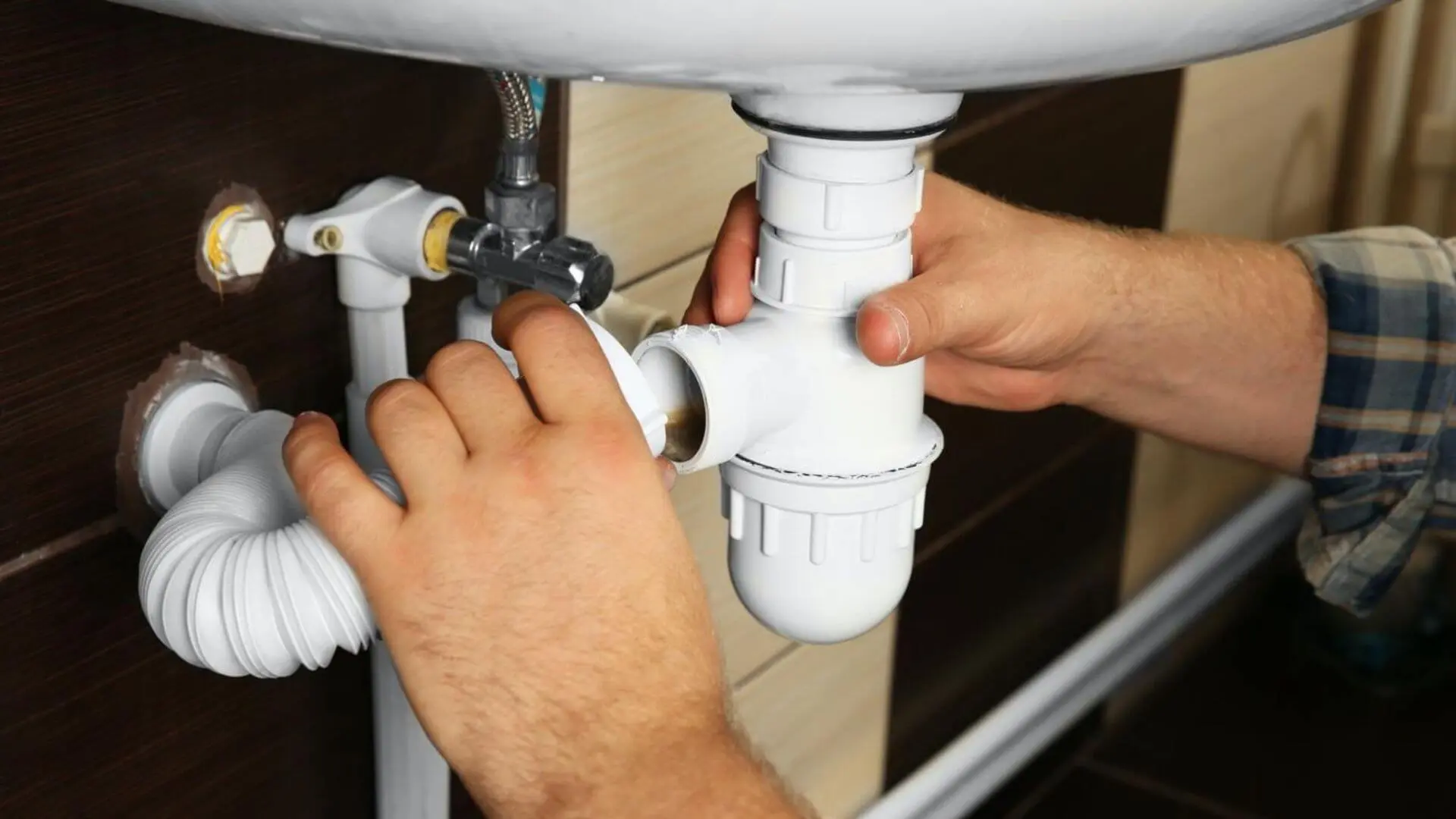
The wastewater from your home is carried to the main sewer line in your block through a single large pipe known as a sewer line. This pipe plays a crucial role in adequately functioning all the drains in your house. If your sewer line malfunctions, it will be stressful, so take care of it. Strange noises, such as gurgling coming from the sink drain or toilets, could indicate a blockage or buildup in the system.
You might also notice air bubbles rising in the water when flushing or using certain fixtures. Sewer gas smells are another warning sign of a problem. If the basement drains overflow when you flush the toilets on another floor, the problem lies in the sewer. These were the primary reasons that generally led to drain gurgling. However, it is better to call for professional help if you can’t find the root cause and the problem persists for two to three days.
You can try to resolve the gurgling by following these simple steps:
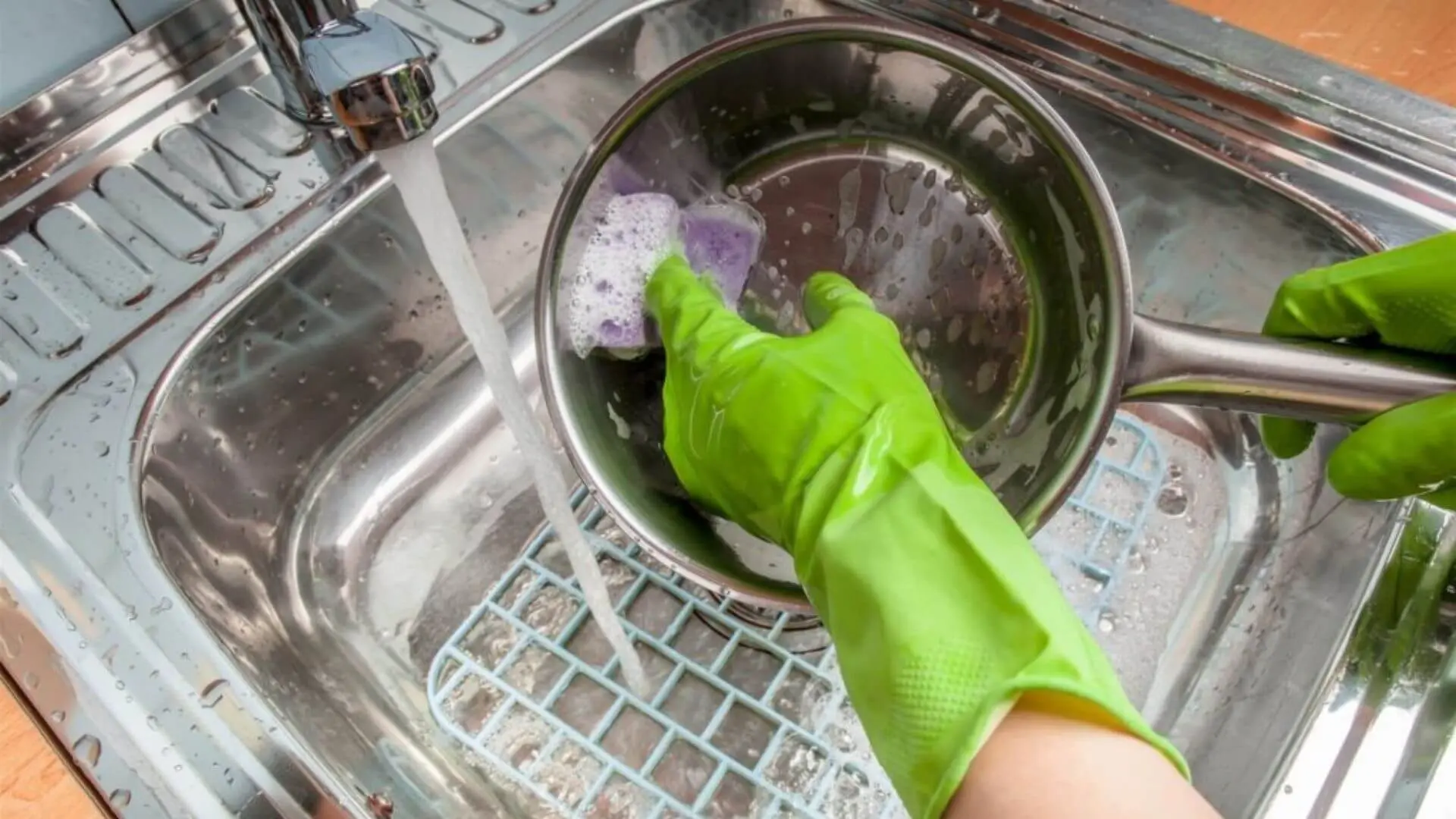
Identify the drain making the noise and investigate closely. If just one drain, like the kitchen sink, is causing trouble, the issue is likely isolated to that spot.
However, the problem isn’t limited to just one drain if the sound comes from multiple house fixtures. It might be something related to the mainline or ventilation pipes.
Take up this task only if you feel confident and have all the required gear at home.
For problems in the vents, try clearing up the debris by hosing the ventilation pipes on the terrace. If the issue is in the drainpipe, remove the grate and clear the blockage using a snake or an auger.
Look out for a drain near your house; you can also clear the mainline by inserting a snake there. But we’ll warn you that this method is quite time-consuming and tedious.
The drain gurgling sound seems minor, but we advise you not to take it lightly.
Think of it as an early warning of a bigger issue brewing in your plumbing system. Therefore, it’s wise to inspect your drains thoroughly at the first sign of gurgling, as it’s often quite noticeable.
We suggest using an inspection camera to locate blockages, along with drain cleaners to clear them. If the issue remains elusive, professional help is the way to go. WP Plumbing has expert blocked drain specialists in Melbourne ready to assist you anytime. Give us a call for more details.
Before signing off, we’ll leave you with a final tip: do not flush tissues, toilet paper, or any non-biodegradable stuff down your drains. See you next time. Take care!
Are you experiencing an overflowing drain and wondering what could be causing it? Do not worry any longer, as we have an informative guide to help you identify the issue.
Not sure how to deal with smelly bathroom drains? Don’t be embarrassed by an unpleasant odour in your bathroom. Follow our DIY guide to eradicate smelly drains at home.
Can’t quite figure out how to clear a blocked drain on your own? Don’t worry. We have got you covered with some DIY tips and tricks to clear that stubborn clogged drain!
